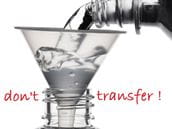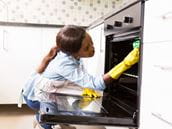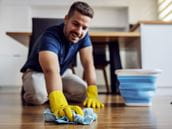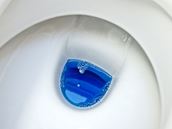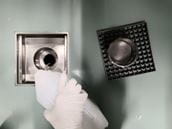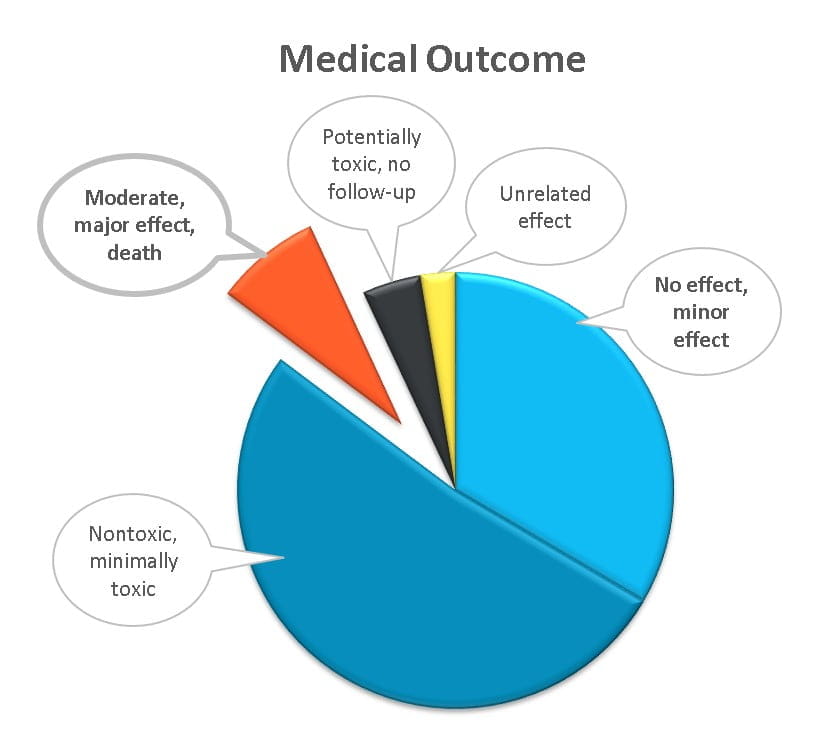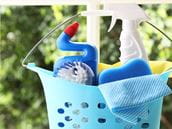
Top Tips for a Safe Spring Cleaning
A clean home provides a healthy environment for your family, but household cleaning products can contain hazardous chemicals. It's important to be aware of the most common cleaner ingredients, what they are intended (and not intended) to do, and how to use them safely.


